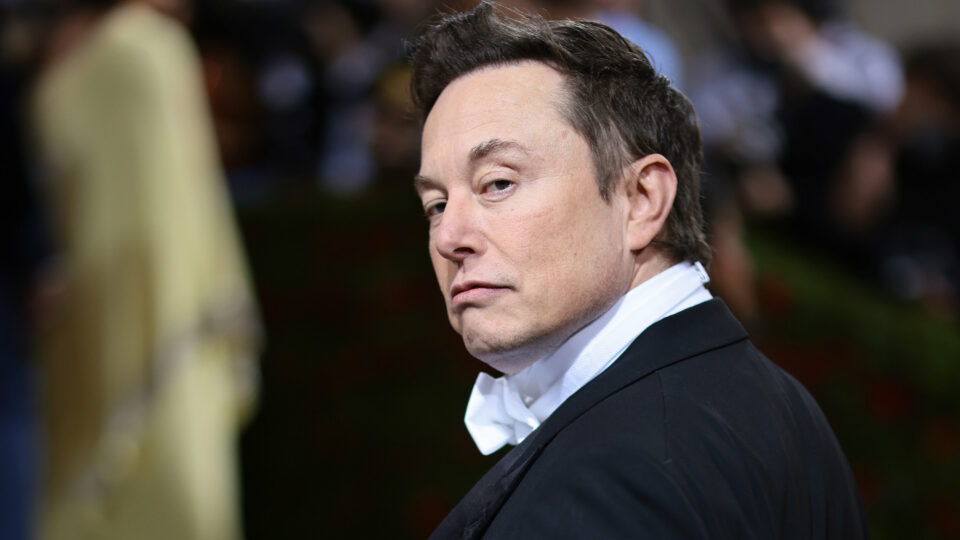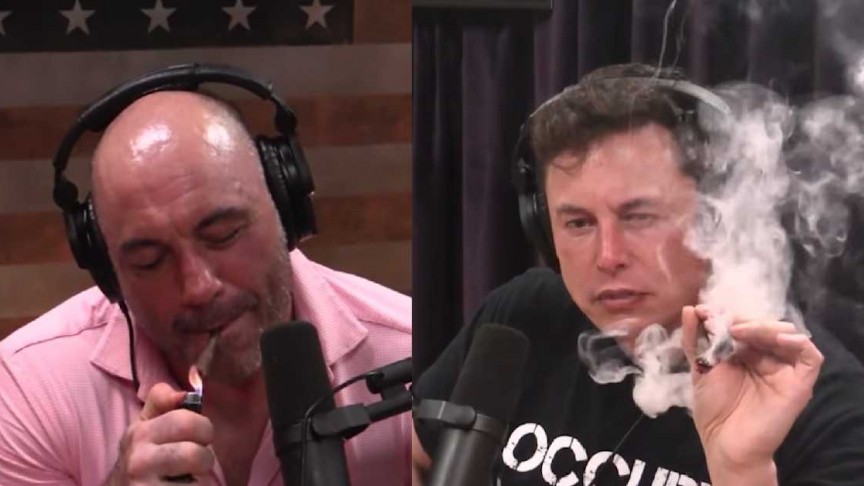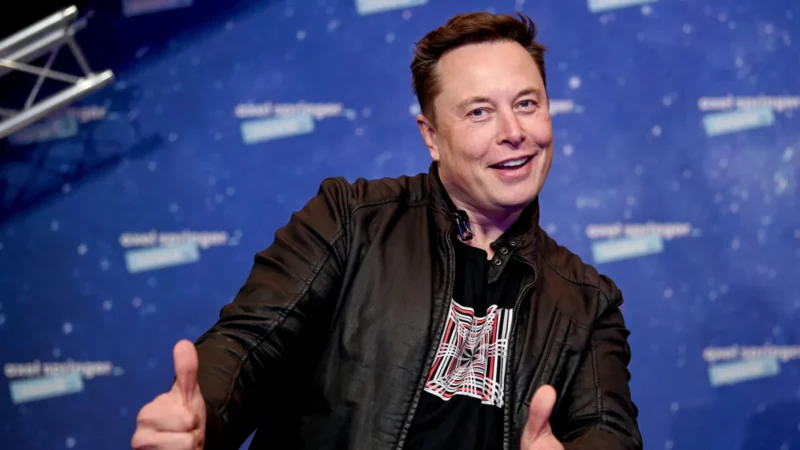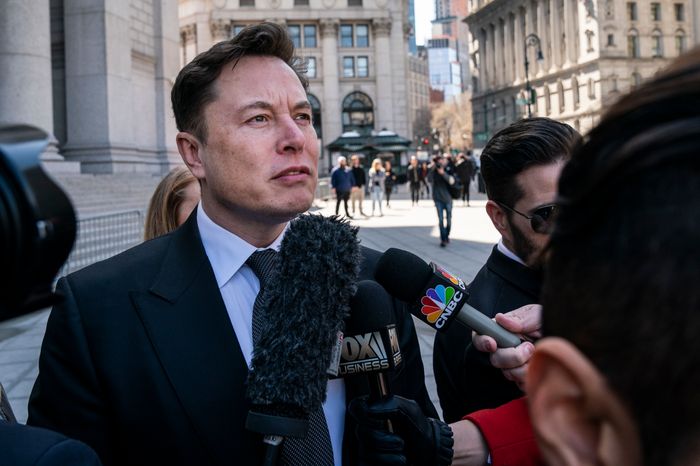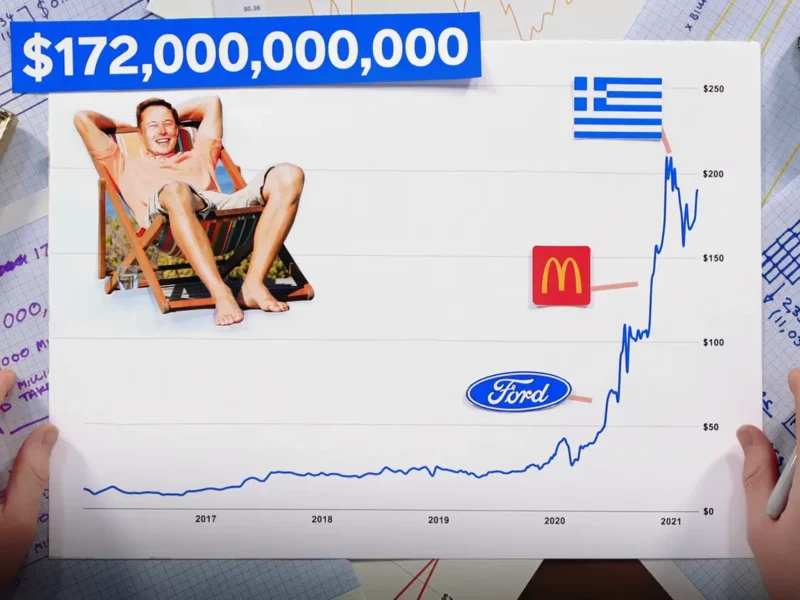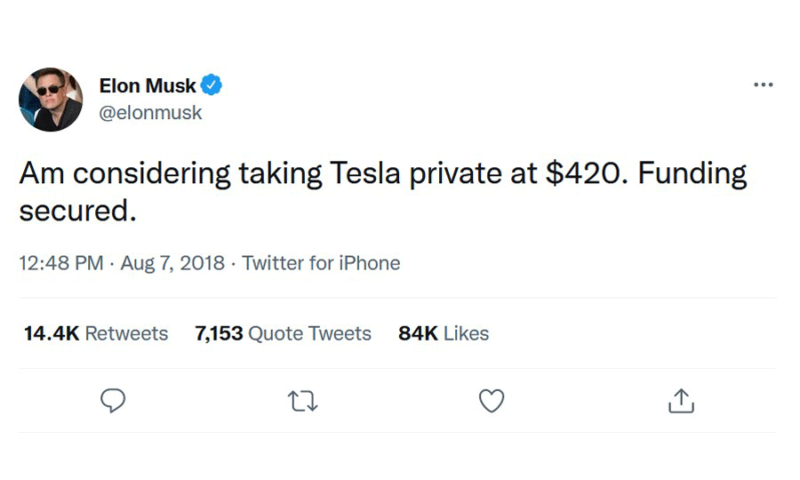Elon Musk, the CEO of SpaceX, Tesla, and several other forward-thinking companies, is undoubtedly one of the most famous and influential figures of the 21st century. He has been a beacon of innovation, bringing electric vehicles to the masses with Tesla and aiming to colonize Mars with SpaceX.
However, like most personalities with such a broad reach and impact, Musk has not been without his share of detractors.
10 reasons why some individuals dislike Elon Musk
Let’s take a deep dive into the most memorable controversies and insights of his life that aren’t entirely as he portrayed in front of the media.
1. Unrealistic Promises
Elon Musk is notorious for setting highly ambitious targets, often referred to by some as “Elon time.” This means deadlines and promises that sound incredible but are often delayed:
- Tesla Production: In multiple instances, Musk promised production rates or delivery dates for Tesla vehicles that were not met. For example, he predicted that Tesla would be producing 5,000 Model 3 cars per week by the end of 2017. However, this goal was only achieved in mid-2018.
- SpaceX Launches: While SpaceX has had numerous successful launches, the timelines for some of its most ambitious projects, like the Starship missions to Mars, have seen shifts. Musk once envisioned a crewed Mars mission as early as 2024, but given the complexity of such endeavors, many in the aerospace community view that timeline with skepticism.
- Full Self-Driving: Musk had promised that Tesla would have a million robo-taxis on the road by 2020, implying a level of full self-driving (FSD) capability that has not yet been realized as of my last update in 2021.
2. Goofy Online Behavior
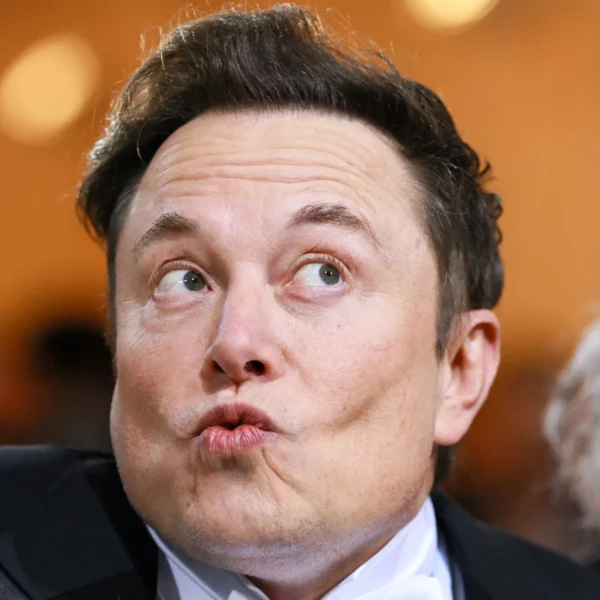 Musk’s online presence, especially on Twitter, is a mix of professional updates, memes, and occasionally outlandish statements. This unpredictable online behavior has led to both admiration and criticism:
Musk’s online presence, especially on Twitter, is a mix of professional updates, memes, and occasionally outlandish statements. This unpredictable online behavior has led to both admiration and criticism:
- Stock Market Impact: One of the most notable examples is when Musk tweeted, “Tesla stock price is too high imo,” which led to a significant and almost immediate drop in Tesla’s stock price.
- Cryptocurrency Influence: Musk’s tweets about various cryptocurrencies like Bitcoin and Dogecoin have often resulted in wild price fluctuations, leading some to question the responsibility of such remarks given his influential position.
- Random Thoughts: From pondering over the concept of creating a “media credibility rating site” to dropping electronic music tracks about NFTs, Musk’s varied and whimsical tweets can sometimes blur the line between his roles as a CEO and a private individual.
3. Employee Concerns
While Elon Musk’s companies have achieved remarkable feats, they’ve not been without criticisms, especially from some employees:
- Work Culture: Reports have emerged detailing a demanding work environment, especially at Tesla’s production facilities. Employees have described long hours, high-pressure scenarios, and sometimes an expectation to prioritize work over everything else.
- Safety Concerns: There have been reports and investigations regarding safety at Tesla’s factories. Critics argue that the company’s aggressive production goals might sometimes come at the expense of worker safety.
- Leadership Style: Musk’s hands-on and intense leadership style is both praised and criticized. While some employees admire his dedication and vision, others describe it as overly demanding, with Musk reportedly sending emails in the middle of the night and setting high expectations.
4. Public Spats
Elon Musk’s candidness, both offline and online, has led to several public disagreements:
- Vernon Unsworth Incident: Perhaps one of the most controversial disputes involved British cave diver Vernon Unsworth during the Thai cave rescue in 2018. Musk offered a mini-submarine to assist with the rescue efforts, but Unsworth criticized its practicality. Musk retaliated with unsubstantiated claims about Unsworth, which led to a defamation lawsuit. Musk was later acquitted.
- Criticism of Analysts: During a 2018 earnings call for Tesla, Musk dismissed certain analysts’ questions as “boring” and “boneheaded.” This unusual confrontation led to a temporary drop in Tesla’s stock value.
- Feuds with Fellow Entrepreneurs: Musk has also had public disagreements with other well-known figures, including Jeff Bezos, over space exploration and satellite deployments.
5. Approach to COVID-19
Musk’s reactions and statements during the early days of the COVID-19 pandemic were viewed by many as controversial:
- Downplaying the Virus: In the early stages of the pandemic, Musk made several tweets downplaying the virus’s severity. In March 2020, he even predicted that there would be “close to zero new cases” in the U.S. by the end of April—a prediction that didn’t come true.
- Factory Reopening: Musk clashed with Alameda County officials over the reopening of the Tesla factory in Fremont, California, during the pandemic lockdown. He even threatened to move Tesla’s operations out of California because of the restrictions.
- Misinformation: On multiple occasions, Musk shared articles or made claims that were considered misleading regarding the pandemic or treatments for the virus.
6. SEC Battles
Musk’s interactions with the U.S. Securities and Exchange Commission (SEC) have been complex and sometimes combative:
- “Funding Secured” Tweet: The most notable altercation arose in 2018 when Musk tweeted that he was considering taking Tesla private and that he had “funding secured” for such a move at a purchase price of $420 per share. This tweet led to a significant surge in Tesla’s stock price. However, details emerged that contradicted Musk’s initial claim, and the SEC charged him with securities fraud.
- Settlement and Fallout: Musk and Tesla reached settlements with the SEC without admitting guilt. As part of the settlement, both Musk and Tesla paid $20 million in fines, and Musk was required to step down as Tesla’s chairman for at least three years. However, he retained his position as CEO. Furthermore, Tesla was required to implement procedures and controls to oversee Musk’s communications about the company on platforms like Twitter.
- Ongoing Tensions: Even after the settlement, tensions between Musk and the SEC remained. Musk has publicly expressed his criticism of the agency on various occasions.
7. Vision vs. Reality
Elon Musk is renowned for his grand visions, pushing the boundaries of what many deem possible. While these visions are inspirational, there’s often a disparity between his ambitions and real-world outcomes.
- Hyperloop: Proposed as a high-speed transportation system in which pressurized capsules ride on an air cushion in near-vacuum tubes, Hyperloop is one of Musk’s visionary projects. While the concept has sparked worldwide interest and multiple companies are working on it, as of 2021, no functional, long-distance Hyperloop system has been realized.
- Full Self-Driving: Musk has frequently predicted rapid advancements in Tesla’s autonomous driving capabilities. He once forecasted a fully autonomous Tesla by the end of 2017 and a “Robo-Taxi” fleet by 2020. These milestones, however, have been elusive.
8. Economic Disparities
As one of the world’s wealthiest individuals, Musk has been at the center of discussions about wealth accumulation and its implications:
- Wealth Inequality: Critics argue that while Musk amasses wealth, many workers at his facilities are not compensated commensurately. This argument is part of a larger discourse on wealth distribution in capitalist societies.
- Taxation: Like many billionaires, Musk faces scrutiny over his tax contributions. Critics often emphasize the need for the super-rich to contribute more significantly to public coffers, especially in times of economic distress.
9. Controversial Statements
Musk’s candid demeanor has resulted in a series of contentious remarks:
- Public Transport: Musk once drew criticism for commenting that public transport is “a pain in the ass” and that “there’s like a bunch of random strangers, one of whom might be a serial killer.” Many perceived this as an elitist viewpoint, insensitive to those who rely on public transportation.
- Gender Pronouns: In 2020, Musk tweeted, “Pronouns suck,” which many viewed as dismissive of the LGBTQ+ community, particularly those who identify as non-binary or transgender and for whom pronouns are a significant aspect of their identity.
10. Hero Worship
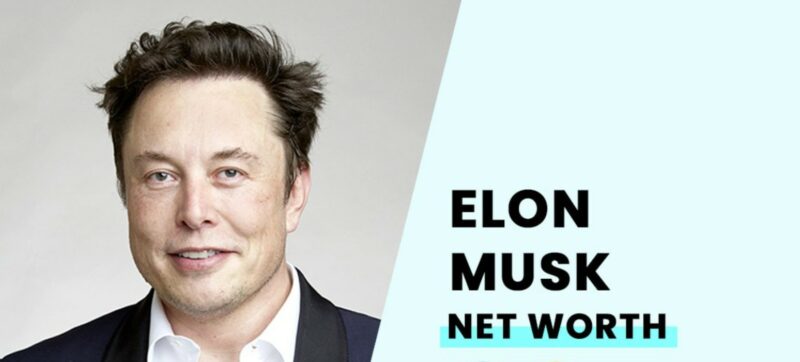 The immense admiration Musk receives from many quarters has also been a topic of debate:
The immense admiration Musk receives from many quarters has also been a topic of debate:
- Cult of Personality: Musk enjoys a devoted fan base that sometimes borders on hero-worship. This intense admiration can occasionally overshadow legitimate criticisms of Musk or his companies, leading to polarized discussions.
- Influence on Public Perception: Musk’s significant following means that his views and endorsements can dramatically shape public perceptions, whether it’s a stock, a cryptocurrency, or a societal issue. While this demonstrates his influence, it also raises concerns about the concentration of such power in one individual’s hands.
Conclusion
While Elon Musk’s contributions to technology and space exploration are undeniable, it’s clear that his journey has been marked by both spectacular achievements and contentious moments. Love him or dislike him, Musk continues to shape discussions on innovation, sustainability, and the future of humanity. This article provides a mere glimpse into the vast tapestry of opinions on this influential figure.
